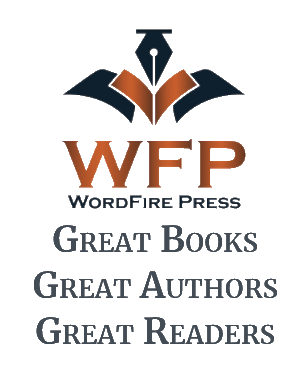Productivity Tip #11: Know When to Stop
From Publisher Kevin J. Anderson—The eleventh of eleven tips to help you get more time for writing, and to produce more writing when you do have time
 Know When to Stop
Know When to Stop
Science fiction master Robert Heinlein proposed a set of rules for writers. His first two are “You must write” and “You must finish what you write.” Endless polishing and editing and revising and polishing again and then rewriting and then editing does not make a story perfect—it just makes a story endless.
 Remember Tip #5 posted a few days ago: It doesn’t have to be perfect, but it does have to be finished.
Remember Tip #5 posted a few days ago: It doesn’t have to be perfect, but it does have to be finished.
I’ve known writers who have a love affair with a particular story. They set out with a promising draft, then they begin polishing . . . and polishing . . . and the story vanishes into a black hole of neverending revisions. When I first started publishing novels, I ran a monthly writers’ workshop with a group of fellow novelists and short-story writers. One member brought in a new story—a pretty good one—and we critiqued it, suggested some improvements, and he took it home. At the next month’s meeting, he brought in a revised version for critique, and we again made our comments. And again for the next three months. Ironically, after a certain point, there was no noticeable improvement. The story was stuck in an infinite loop. As far as I know, he never sent it anywhere.
Don’t misunderstand: You can’t turn in a sloppy manuscript, and each submission should be as good as you can make it, but there comes a point of diminishing returns in editing your prose. Are you becoming obsessive about rewriting and polishing? Are you making cosmetic changes and circular edits that no longer improve the story? Is it possible you’re simply looking for excuses to put off finishing it? It’s done! Send the manuscript to an editor and move on to the next story.
If you spend all your writing time fiddling with one story, you’ll never move on to the next one, and the next. On with it, already.

I hope you have enjoyed this series of eleven tips to help you increase your writing productivity. Some of them many not work for you—they don’t all work for me, all the time—but they are techniques to help you think outside the box. Try something different and see if you find it effective. The one absolute piece of writing advice is that authors are all different, and there’s no right way to do it.
KJA
 To buy a copy of the book Million Dollar Productivity, click here Million Dollar Productivity (The Million Dollar Writing Series)
To buy a copy of the book Million Dollar Productivity, click here Million Dollar Productivity (The Million Dollar Writing Series)
For the ebook, click here Million Dollar Productivity (Million Dollar Writing Series)
